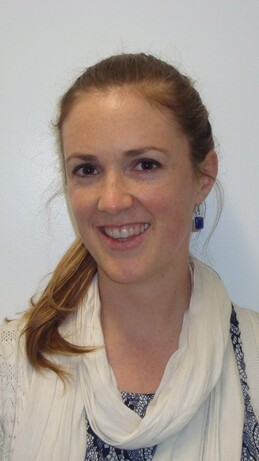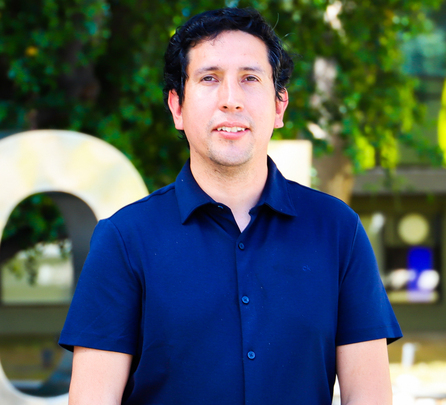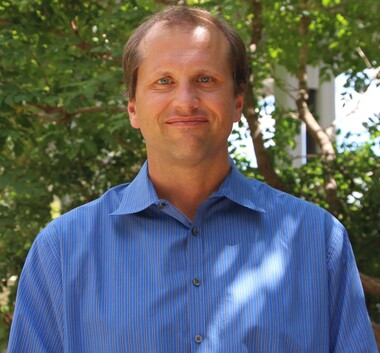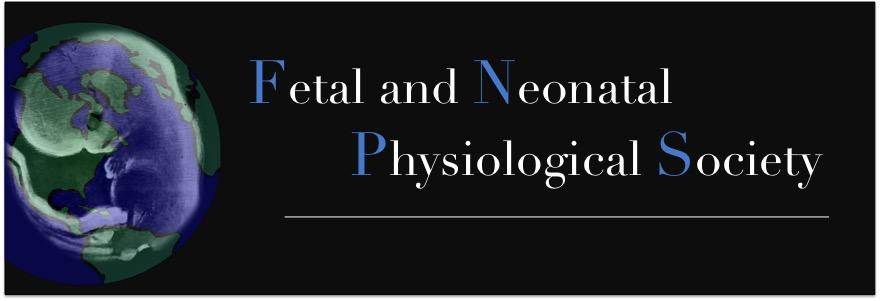
Home | About Us | Board | Meetings
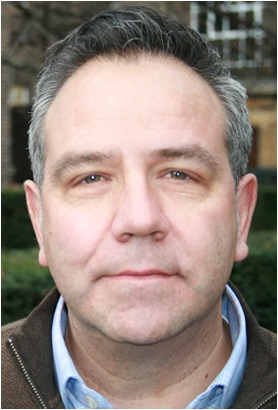 Dino A Giussani UK President |
Professor Giussani graduated with a BSc (Hons) Physiology at Royal Holloway of the University of London and Doctor of Philosophy at University College London under the mentorship of Professor Mark Hanson. He was a Post-Doctoral Fellow at the Universidad de Chile with Professor Anibal Llanos and at Cornell University with Professor Peter Nathanielsz, before taking up a tenured Lectureship at the University of Cambridge in 1996, where he has been since. He was promoted to Reader in 2004 and to Professor in 2011. He also holds a Professorial Fellowship at Gonville & Caius College in Cambridge, where he is Director of Studies in Medicine. Professor Giussani directs a research team currently interested in the role of alterations in fetal oxygenation and oxidative stress in the development of cardiovascular function and in programming cardiovascular disease.
|
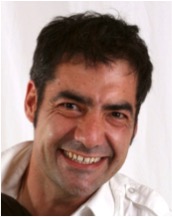 Emilio A Herrera Chile Scribe |
Dr. Herrera graduated from Universidad Austral de Chile as a Doctor of Veterinary Medicine (DVM) with highest distinctions (1999). His undergraduate thesis focused on the fetal response to hypoxia in Llamas, a high-altitude mammal. During his first years as DVM, he was appointed as the Head of Large Animal Care for the Faculty of Medicine (Campus Oriente) at the Universidad de Chile. He completed his Ph.D. in Biomedical Sciences at the Universidad de Chile in 2007 with supervision from Professor Anibal J. Llanos. Dr. Herrera’s graduate thesis examined the role of nitric oxide in neonatal pulmonary hypertension at high altitudes, using sheep as the investigatory animal model.In 2007, he began a Post-Doctoral position at the University of Cambridge with Professor Dino A. Giussani. Dr. Herrera was in charge of in vivo and ex vivo studies on animal models of hypoxia and oxidative stress during fetal development. He returned to Universidad de Chile in 2011 as Assistant Professor, where he founded the Laboratory of Vascular Function and Reactivity. Dr. Herrera was able to develop several lines of research and experimental models to better study pathologies associated with cardiac and vascular dysfunctions such as neonatal pulmonary hypertension, systematic hypertension, IUGR and placental insufficiency among others. In addition, Dr. Herrera is the President of the Bioethical Committee for Use of Research Animals, Faculty of Medicine; and the Postgraduate Director for the Institute of Biomedical Sciences (ICBM), Universidad de Chile. |
|
Tim Regnault |
Tim Regnault received his undergraduate degree in Rural Science (Hons) from the University England in Armidale, Australia. Following graduation, he undertook positions as a District agronomist and then a District livestock officer at Goodwindi and Hay, Australia respectively. He completed his PhD studies through a CSIRO/University of Western Sydney scholarship at CSIRO Prospect, studying the role of litter size and pregnancy nutrition upon placental lactogen. He then moved to Denver, Colorado in 1996 to undertake postdoctoral training, and subsequent faculty positions, under the mentorship of Drs. Battaglia, Meschia, Wilkening and Anthony. During his time in Denver, his investigations focused on areas such as placental angiogenesis, fetal hypertension, placental and fetal oxygenation and placental nutrient transport, in the IUGR sheep model. In 2005 he moved London, Ontario in Canada, to join the Perinatal Research group there led by Drs. Richardson, Gagnon and Han. While continuing aspects of sheep work with a focus on cardiovascular perturbations in IUGR, he commenced abnormal pregnancy (IUGR/LBW, deficient nutrient supply and excess energy supply) and postnatal dietary interactive outcome studies using guinea pig, rat and rabbit, cell culture systems and imaging techniques (CT/PET/MRI, hyperpolarized MRI). The laboratories current focuses are detecting early abnormal placental failure in vivo and on understanding the in-utero origins and postnatal dietary interactions resulting in the development of insulin resistance (in multiple tissues), non-alcoholic fatty liver disease (NAFLD), altered neurodevelopment and other early markers of later life metabolic disease. |
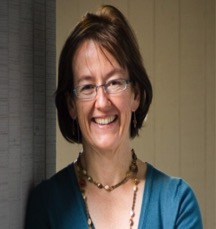 Laura Bennet New Zealand |
Professor Laura Bennet is co-director of the Fetal Physiology and Neuroscience Group in the department of Physiology, at the University of Auckland. She is a fetal systems physiologist with a specialist interest in the preterm fetal cardiovascular and neurophysiological adaptations to asphyxia and infection, and the development of neuroprotection strategies. Her current work encompasses many strands. She is evaluating stem-cells as a treatment for preterm brain injury and for promoting neural plasticity after injury. She has pre-clinical and clinical trials underway on assessment of EEG waveforms as a biomarker for predicting injury processes in the preterm infant. She also is developing new research on determining how patterns of preterm brain injury may be modified after fetal exposure to combined insults and standard clinical treatments, such as antenatal glucocorticoids and magnesium sulphate, and how modification of autonomic function may alter beneficially and detrimentally patterns of injury. |
|
Joanne Davidson New Zealand |
Associate Professor Joanne Davidson graduated with her PhD in physiology in 2011 from the University of Auckland, New Zealand under the supervision of professors Alistair Gunn and Laura Bennet. During her PhD, she showed for the first time that connexin hemichannels play a key role in the evolution of injury after hypoxia ischemia in the full-term fetal brain. In 2016, Dr Davidson was awarded a Sir Charles Hercus Fellowship from the Health Research Council of New Zealand to continue her research into understanding the cellular and molecular mechanisms of perinatal hypoxic ischemic brain injury. During this time, she demonstrated that connexin hemichannels also play a key role in hypoxic ischemic brain injury in the preterm brain. Her research is currently supported by competitive funding from the Health Research Council of New Zealand and the Marsden fund. This has allowed her to investigate whether therapeutic hypothermia can be optimised to improve efficacy and to investigate treatment strategies for mild hypoxic ischemic encephalopathy, such as therapeutic hypothermia and recombinant erythropoietin. Her research interests also include the role of inflammation in perinatal brain injury and developing treatments based around anti-inflammatory agents as well as stem cells. |
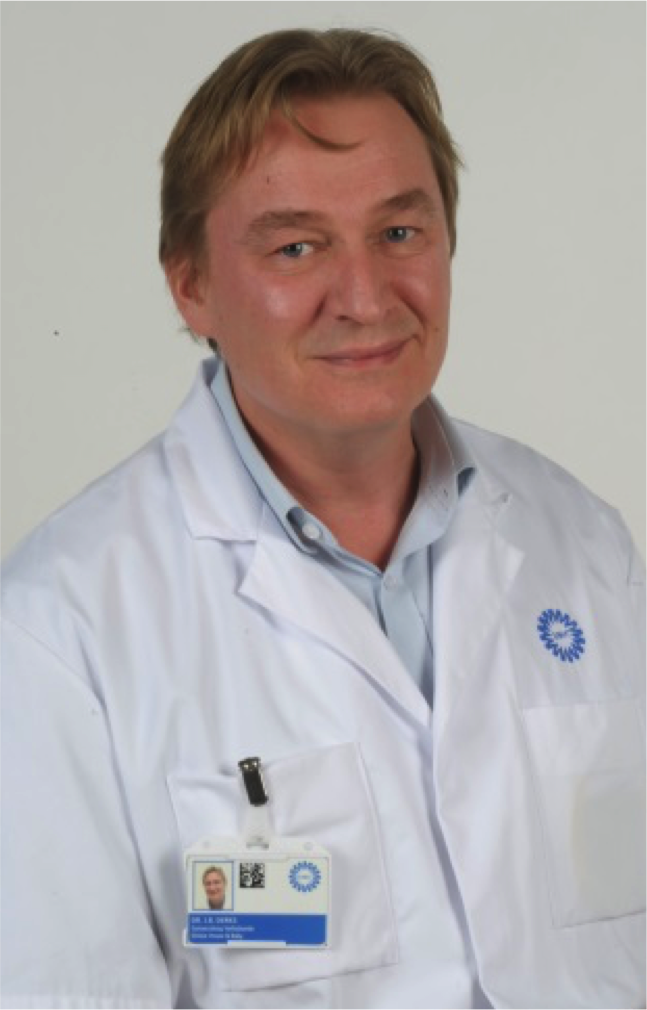 Jan Derks
Netherlands |
Dr Jan Derks did his medical degree in 1991 at the University of Groningen, and his PhD in 1996 at the University of Utrecht (Prof. Dr. G.H. Visser) in collaboration with Cornell University, Ithaca, New York (Prof. Dr. P.W. Nathanielsz) on the subject of antenatal glucocorticoid administration. After his residencies in OB/GYN, he has been working since 2001 as a consultant in perinatology at the department of Perinatal Medicine at the University Medical Center Utrecht, the Netherlands. He is also the chairman of the division of fetal-maternal medicine of the Dutch College of Obstetrics and Gynecology. His main scientific interest is in antenatal neuroprotection and antenatal glucocorticoid administration. The translational research is in close collaboration with the University of Cambridge (Prof. Dr. D.A. Giussani). |
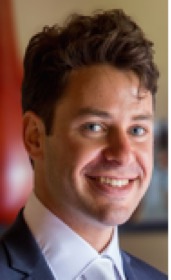 Robert Galinsky Australia |
Rob graduated with a BSc (Hons) in Anatomy and Physiology and PhD at Monash University, Australia. Rob’s graduate and PhD training was under the mentorship of A/Prof Tim Moss, Dr Graeme Polglase, Prof Stuart Hooper and A/Prof Jane Black. He is currently an NHMRC CJ Martin Postdoctoral Fellow, training under the mentorship of Prof Alistair Gunn and Prof Laura Bennet in the Department of Physiology at The University of Auckland, New Zealand. Rob’s research interests are into the effects of inflammation and oxygen deprivation during pregnancy on the perinatal cardiovascular system and brain growth and development. |
|
Bernardo Krause Chile |
Dr. Bernardo Krause is Biochemist and PhD in Physiology with an appointment as Associate Professor at the University of O’Higgins in the Institute of Health Sciences, and Research Fellow of the Adversity and Abuse Research Centre (Fundacion para la Confianza – Pontifical Catholic University of Chile). He leads a research line focused on the effects of growth trajectories, early life stress, and epigenetic mechanisms in the development of chronic diseases. His research line involves in vitro, ex vivo and in vivo approaches, in both human samples (e.g. placenta, endothelial and circulating immune cells) and animal models, along with cohorts of pregnant women and infants to study molecular (e.g. transcriptional and epigenetic traits) and physiological mechanisms related to endothelial, vascular and immune function in diverse pathological conditions resulting from life-course cumulative risk factors. His studies have contributed to understand the contribution of epigenetic mechanisms to fetal programming as mediators and conditioners of physiological responses, in constant feedback which promote or protect disease states. |
 Suzie Miller Australia |
Suzie leads the Neurodevelopment and Neuroprotection Group at The Ritchie Centre, Monash University in Melbourne. After completing her BSc (Hons) at Monash, Suzie carried out a PhD under the supervision of Profs David Walker and Graham Jenkin, investigating blood flow regulation to the uterus. Suzie then undertook postdoctoral training at University College London with Prof Donald Peebles, studying the effects of antenatal compromise on fetal brain development. She returned to The Department of Physiology, Monash University in 2001, and in 2010 was recruited as a Group Leader to The Ritchie Centre. Her group incorporates experimental and clinical studies focused on understanding, and inhibiting, the mechanisms that contribute to perinatal brain injury. Suzie is also an advocate for the role of women in science, and a founding member of the National Health and Medical Research Council of Australia’s Women in Health Science Committee. |
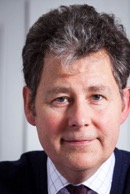 Donald Peebles UK |
Professor Donald Peebles obtained a BA in the History of Art from Cambridge University in 1983 and his MBBS from the University of London in 1986. During his early career he worked with Professor Mark Hanson at UCL, establishing his continuing interest in fetal physiology. He was appointed Chair and Head of the Research Department of Obstetrics at UCL in 2008. He has a number of research interests that focus on improving the outcomes for women and their babies following complicated pregnancies. Particular research areas include: 1) maternal innate immunity, infection, inflammation and preterm labour 2) the role of hypoxia and inflammation in causation of perinatal brain injury 3) fetal physiology (especially fetal responses to acute and chronic substrate deprivation) and 4) the development of novel molecular and cellular methods for treatment of fetal disease. In parallel with his research activities he is also a sub-specialty accredited Consultant in Maternal Fetal medicine at UCLH with a particular interest in the management of pregnancy complicated by maternal disease or poor obstetric history and fetal medicine, including fetal therapy, prenatal diagnosis and management of fetal growth restriction. |
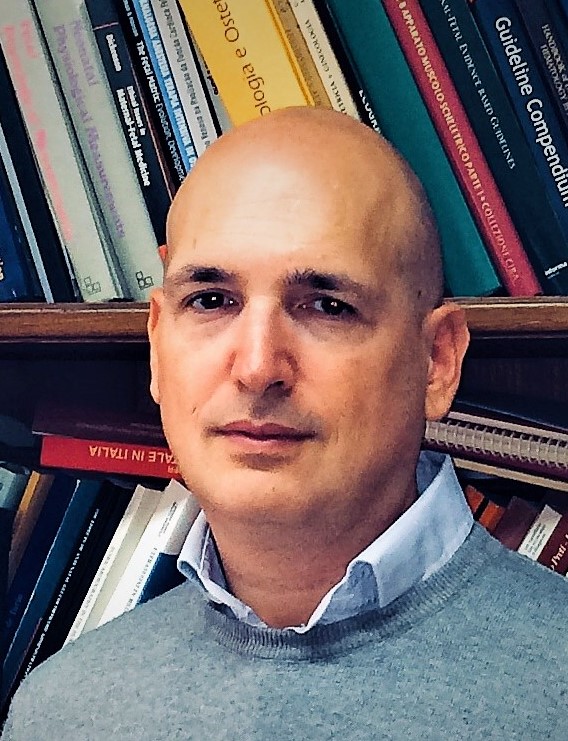
Alessandro Rolfo |
Alessandro Rolfo graduated as Doctor in Medical Biotechnology (2001) and PhD in Clinical Sciences and Human Reproduction (2005) at the University of Turin (Italy) under the supervision of Professor Tullia Todros. From 2006 to 2009, Prof. Rolfo was Post Doctoral Fellow at the Samuel Lunenfeld Research Institute of Mount Sinai Hospital, Toronto (ON, Canada), under the mentorship of Professor Isabella Caniggia. During his fellowship, he focused on the molecular mechanisms of oxygen sensing and cell cycle regulation in human placental pathologies, with particular interest in Preeclampsia and Fetal Growth Restriction. In 2009, Prof. Rolfo moved back to Italy, at the Dept. of Obstetrics and Gynaecology – University of Turin, as winner of a grant from the University of Turin aimed at recalling the best Italian scientists working abroad. Thus, he started his own line of investigation on the role of placental mesenchymal stem cells in patho-physiological human placental development. In 2014, he was appointed as Assistant Professor in Obstetrics & Gynaecology at the Dept. Of Surgical Sciences of the University of Turin (Italy) and became Scientific Director of the Gynaecology & Obstetrics 2U Research Lab at the S. Anna University Hospital in Turin. In 2015, he was promoted to Associate Professor in Obstetrics & Gynaecology and Associate Professor in Applied Medical Technologies by the Italian Ministry of University and Research. Since 2015, Prof. Rolfo is the Director of the Master in Fetal and Maternal Medicine, University of Turin. His current main investigation interests are Fetal-maternal medicine, human placenta patho-physiological development, Placental Mesenchymal Stem Cells role in placentation and in Fetal Central Nervous System development. |
 Janna Morrison Australia |
Professor Janna Morrison is Head of the Early Origins of Adult Health Research Group in the Sansom Institute for Health Research at the University of South Australia and a Fellow of the Cardiovascular Section of the American Physiological Society. She received her PhD from the University of British Columbia in 2001. Her current research focusses on how the fetal cardiovascular system responds to changes in nutrient supply during pregnancy. She was recently awarded a Canadian Institutes of Health Research grant with colleagues from Sick Kids Hospital in Canada to use MRI to study blood flow and its relationship with cardiac development in the growth restricted fetus. She is currently an ARC Future Fellow (2018-21). She is Reviewing Editor for the Journal of Physiology, Editor of Themed Issues for the Journal of the Developmental Origins of Adult Health and an Associate Editor for the American Journal of Physiology – Regulatory, Integrative and Comparative. |
|
Paul Rozance USA |
Dr. Paul Rozance is a Professor at the University of Colorado School of Medicine in the Department of Pediatrics and the Section of Neonatology. He is a Neonatologist Clinician-Scientist and the Scientific Director of the Perinatal Research Center. Dr. Rozance uses animal models (sheep and mice) to study fetal nutrient and oxygen physiology, fetal endocrinology, fetal growth and development, pancreatic beta-cell biology, and placental function. One of his longest running goals has been to develop a better understanding how the fetus translates nutrient and hormonal signals from the placental into anabolic signals for fetal growth with particular attention to the fetal anabolic growth factor, insulin. His focus is on placental insufficiency, IUGR and the response of the pancreatic islet and beta-cell to antenatal insults. In collaboration with Dr. Russ Anthony, the laboratory uses novel genetic approaches in sheep to investigate the regulation of placental function. These translational studies revolve around the broad area of perinatal insulin-nutrient metabolism and led to his clinical research in glucose metabolism and neonatal hypoglycemia during the transition from intrauterine to extrauterine life. |
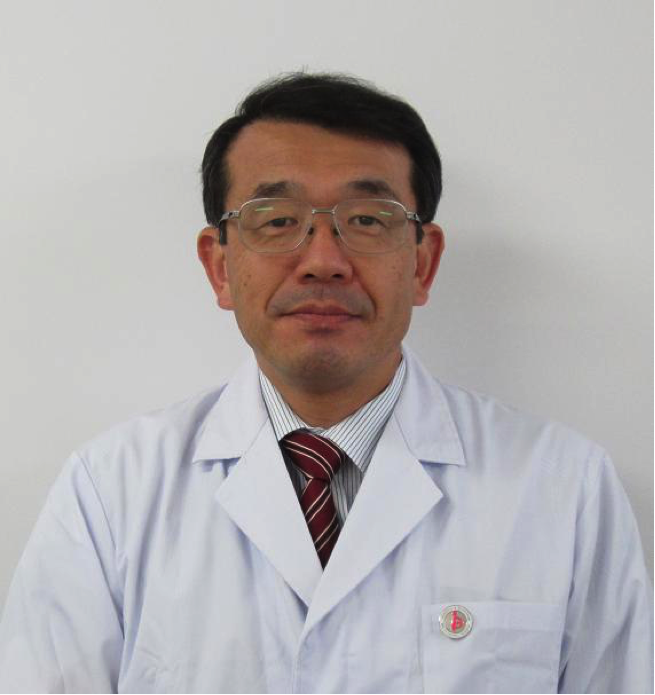
Tomoaki Ikeda
Japan |
Professor Ikeda graduated with an MD from Miyazaki Medical College at 1983, entered a 5-year residency at the Department of Obstetrics and Gynecology, Osaka University. He took on a Lecturer positon at Department of Obstetrics and Gynecology, Miyazaki Medical College at 1987, starting research on maternal and fetal medicine under Professor Tsuyomu Ikenoue. He studied fetal physiology using sheep fetus at University of California, Irvine with Professor Yuji Murata from 1994 to 1996. He became the Director of Obstetrics and Gynecology in 2005 and Director of Regenerative Medicine in 2009 at National Cardiovascular Center in Osaka. In 2010, he was promoted to Professor and Chairman, Department of Obstetrics and Gynecology, Mie University where he has been since. He established Maternal Death Review Committee in Japan in 2001. His interest is fetal physiology, fetal heart rate monitoring and fetal brain damage. |
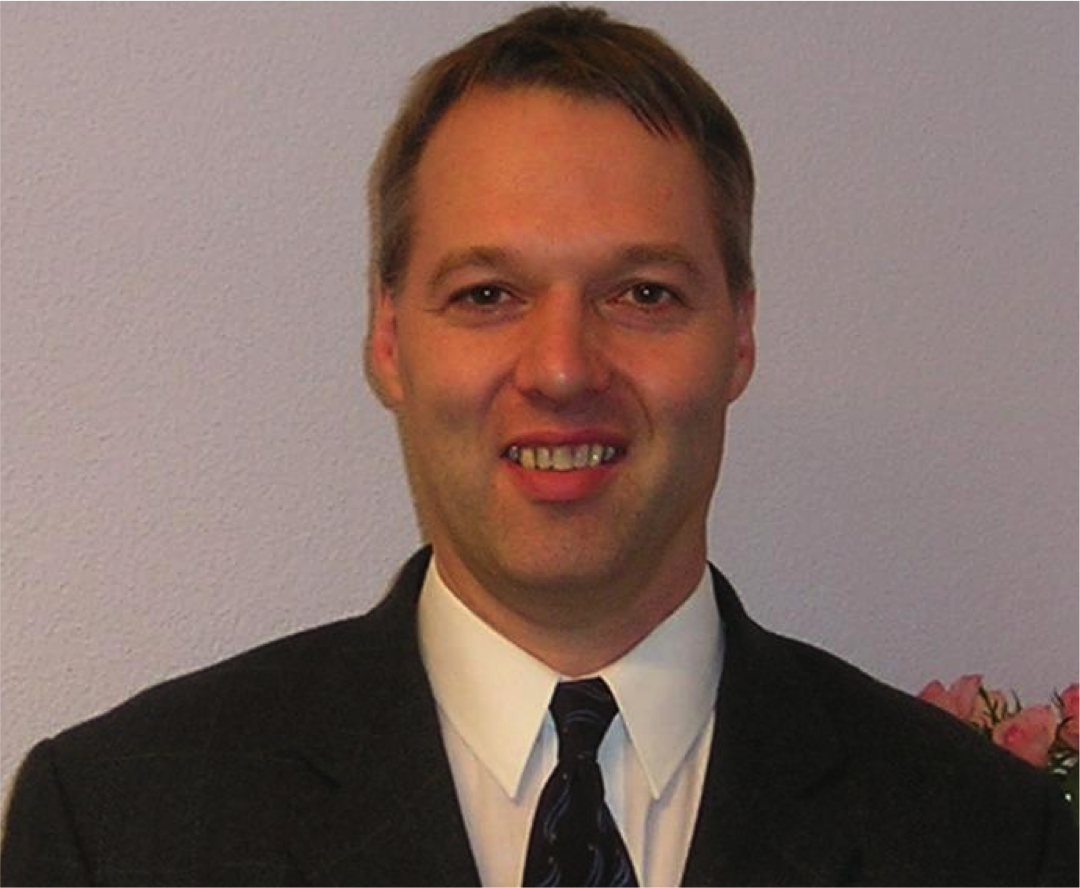
Luc Zimmerman
Netherlands
|
Professor Luc J.I. Zimmermann was born in 1959 in Belgium. He graduated as MD in 1984 and did his residency in Pediatrics at the same University in Leuven, Belgium (1984-1989). |



